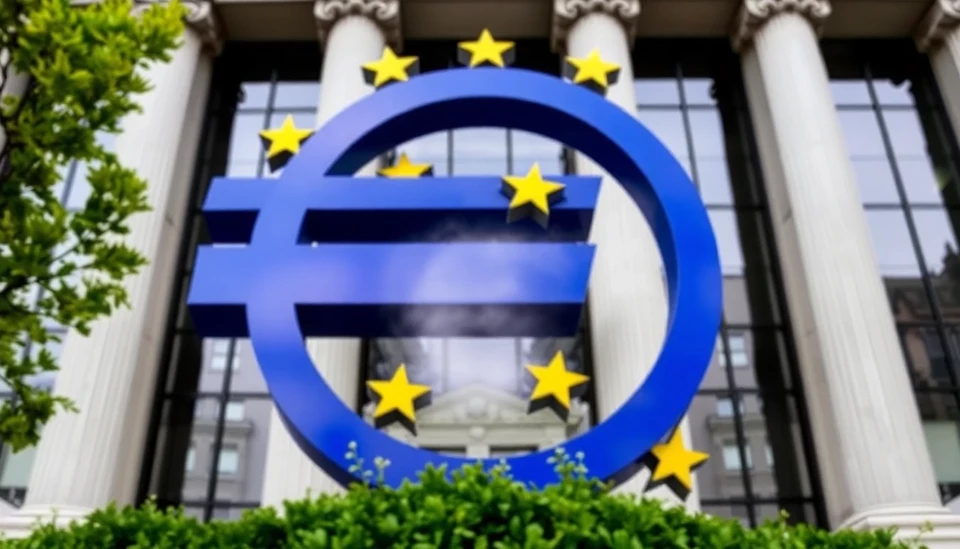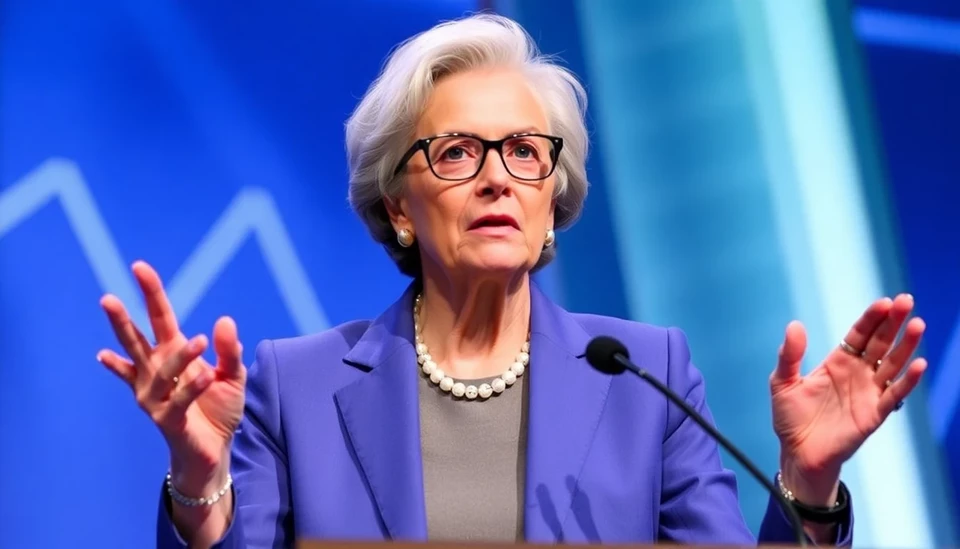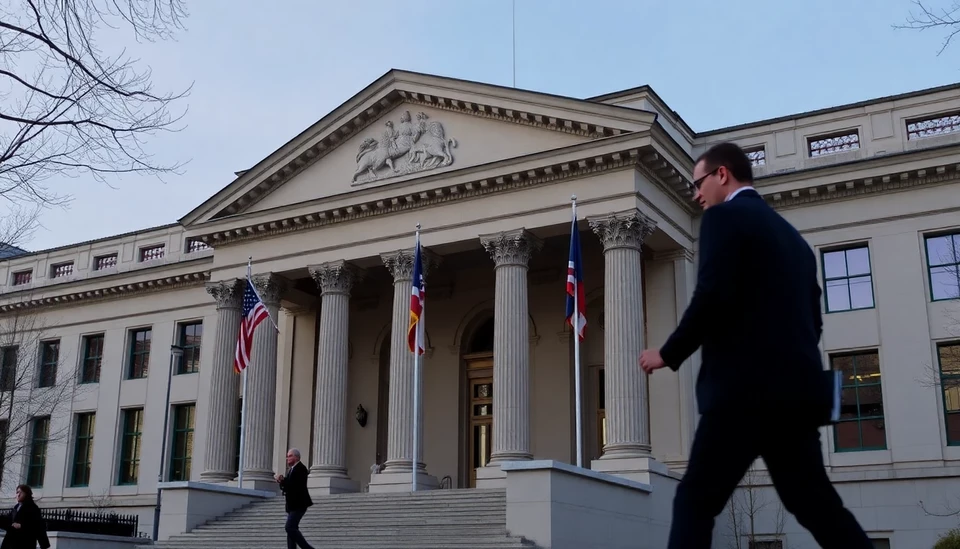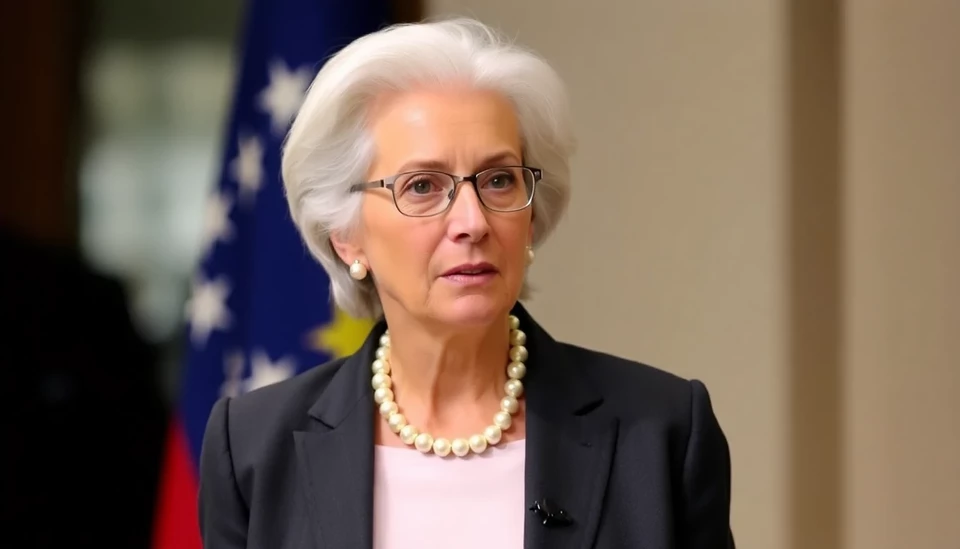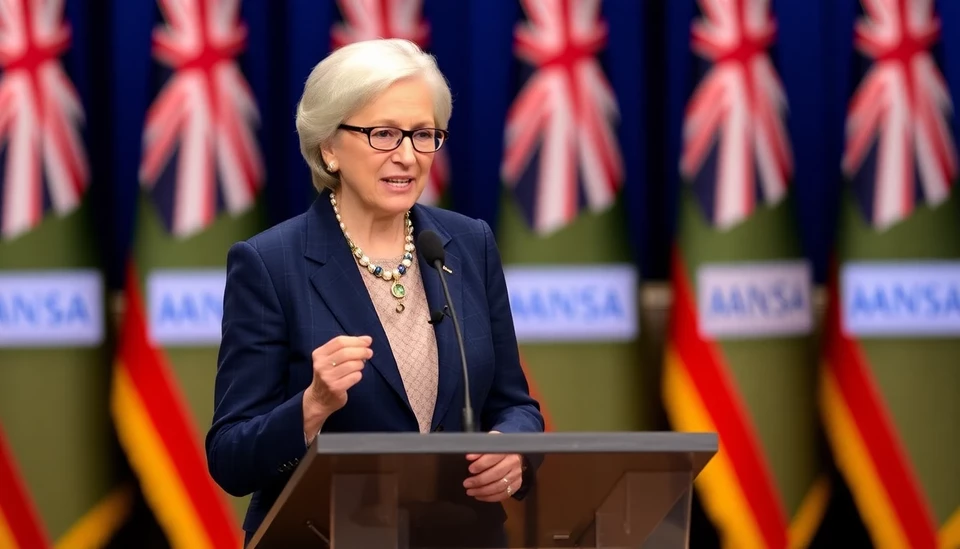
In a recent statement, Christine Lagarde, the President of the European Central Bank (ECB), emphasized the importance of trade dynamics in light of the upcoming U.S. presidential election. She highlighted that the victor of the election should approach international trade with caution, considering the potential repercussions of protectionist policies.
Lagarde's remarks come amid increasing concerns about the direction U.S. trade policy may take based on the candidates' stances. She noted that the global economy is interlinked, and decisions made by the U.S. can have ripple effects across nations, particularly in Europe. Lagarde urged the incoming administration to maintain a balanced approach to trade, promoting cooperation rather than conflict.
As the campaign heats up, both major political parties continue to grapple with issues surrounding trade agreements, tariffs, and international partnerships. Lagarde's warning serves as a reminder that the stakes extend beyond domestic considerations; global financial stability is intricately tied to trade practices. The ECB chief underscored the necessity for leaders to remain vigilant against the rise of populism and isolationist sentiments that could undermine longstanding economic relationships.
In the backdrop of ongoing economic challenges, Lagarde’s insights reflect a broader consensus among European leaders who are apprehensive about potential shifts in U.S. policy. The negotiation of trade agreements, particularly those that have previously facilitated economic growth, is at risk if new policies lean towards protectionism. Such actions could jeopardize not only transatlantic ties but also the broader framework of global commerce.
Looking ahead, the implications of the U.S. election are far-reaching. As the public awaits the verdict on who will lead the country, the choices made by the next president could reshape international trade landscapes dramatically. Lagarde's cautionary message encourages stakeholders to advocate for a future where trade barriers are minimized in favor of collaborative growth.
As the U.S. steers towards a possible reevaluation of its trade policies, the world watches closely, hoping to see a commitment to maintaining mutual benefits rather than slipping towards instability and protectionism.
In closing, the next U.S. president will face significant decisions regarding trade that could influence global economic health. Lagarde's clarion call for prudence serves as a crucial reminder of the interconnectedness of today's world economy.
#Lagarde #USElection #TradePolicy #GlobalEconomy #Protectionism #TradeAgreements #EuropeanCentralBank
Author: Laura Mitchell
